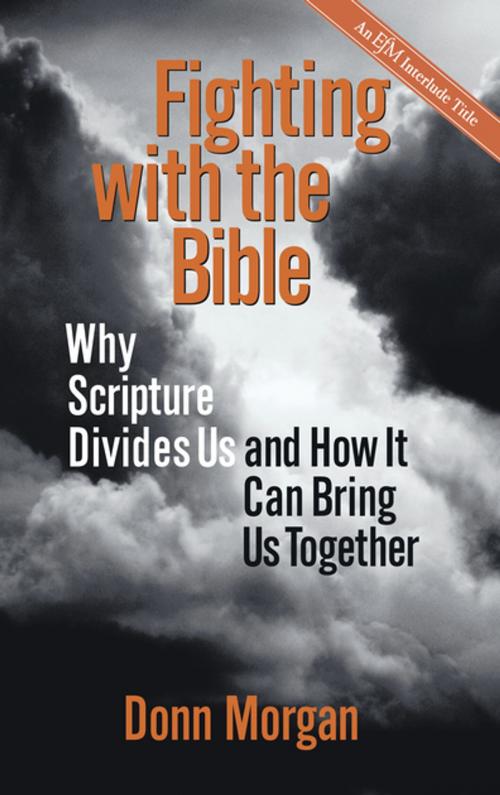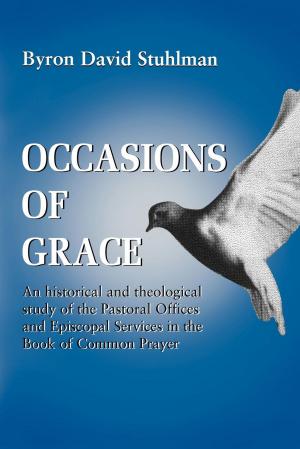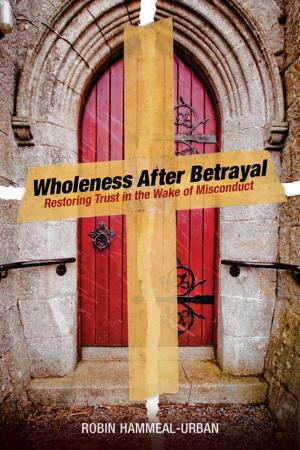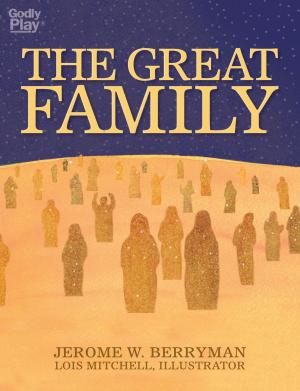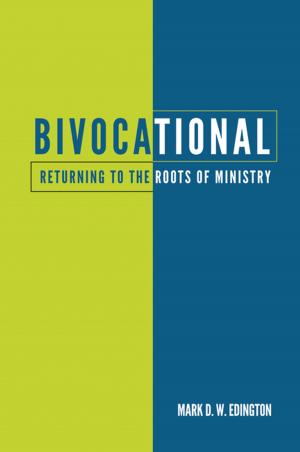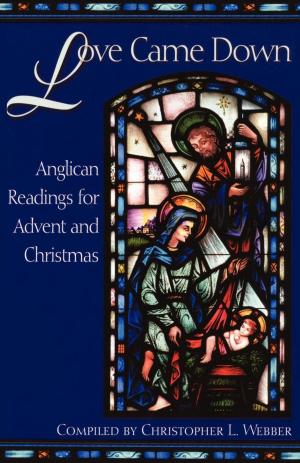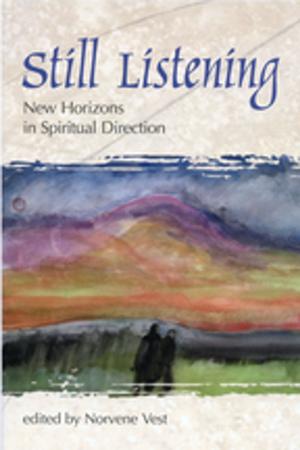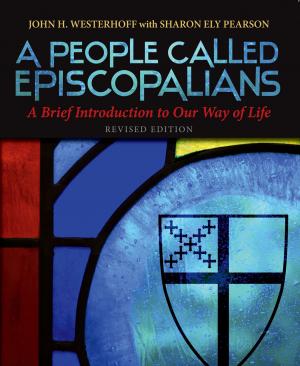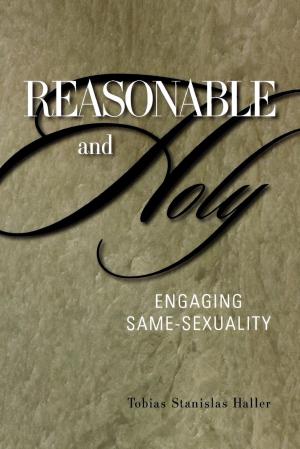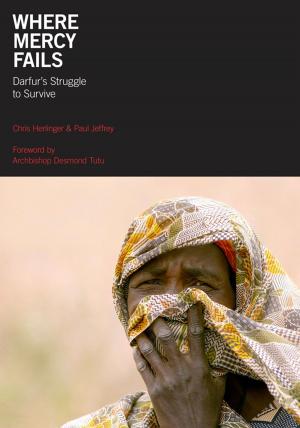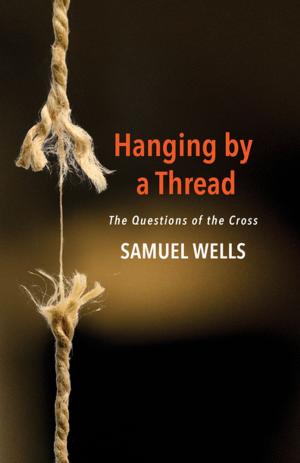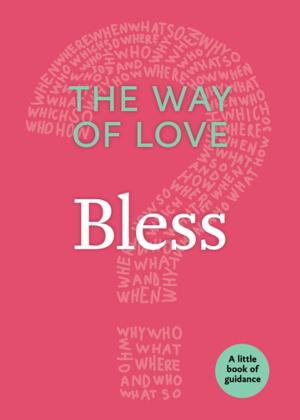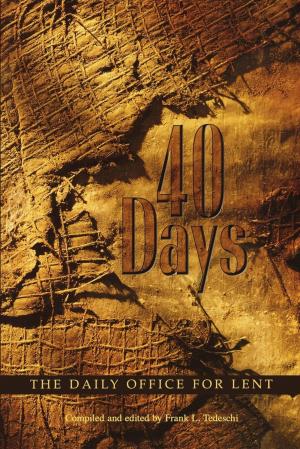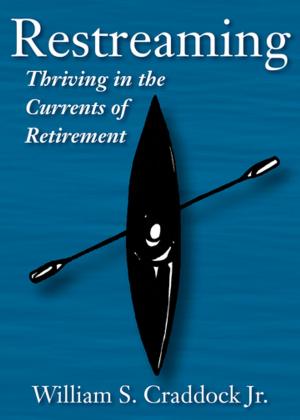Fighting with the Bible
Why Scripture Divides Us and How It Can Bring Us Together
Nonfiction, Religion & Spirituality, Christianity, General Christianity| Author: | Donn Morgan | ISBN: | 9781596271777 |
| Publisher: | Church Publishing Inc. | Publication: | November 1, 2007 |
| Imprint: | Church Publishing | Language: | English |
| Author: | Donn Morgan |
| ISBN: | 9781596271777 |
| Publisher: | Church Publishing Inc. |
| Publication: | November 1, 2007 |
| Imprint: | Church Publishing |
| Language: | English |
In times of conflict, the Bible is often used as a club to beat those whose opinions differ from one’s own. We recoil from such usage, yet the Bible actually represents many diverse and conflicting points of view. It is like a library, full of books that speak to all sides of every question. Like Christians today, the communities and individuals who wrote the biblical texts often strongly disagree with each other. Ruth and Ezra, Isaiah and Ezekiel, Micah and Joel, Deuteronomy and Daniel, Mark and John… what would they say to each other? Do they have anything in common? Each of these voices is firmly committed to his or her specific view of “the truth,” whether it reflects a particular place or community, a prophet, a style of worship, or an “understanding” of who is in and who is out. The author guides us in considering how we can do justice to this welter of disparate voices. What can the Bible teach us about living together? How can we use it as a powerful resource for understanding and for moving beyond conflict?
In times of conflict, the Bible is often used as a club to beat those whose opinions differ from one’s own. We recoil from such usage, yet the Bible actually represents many diverse and conflicting points of view. It is like a library, full of books that speak to all sides of every question. Like Christians today, the communities and individuals who wrote the biblical texts often strongly disagree with each other. Ruth and Ezra, Isaiah and Ezekiel, Micah and Joel, Deuteronomy and Daniel, Mark and John… what would they say to each other? Do they have anything in common? Each of these voices is firmly committed to his or her specific view of “the truth,” whether it reflects a particular place or community, a prophet, a style of worship, or an “understanding” of who is in and who is out. The author guides us in considering how we can do justice to this welter of disparate voices. What can the Bible teach us about living together? How can we use it as a powerful resource for understanding and for moving beyond conflict?
